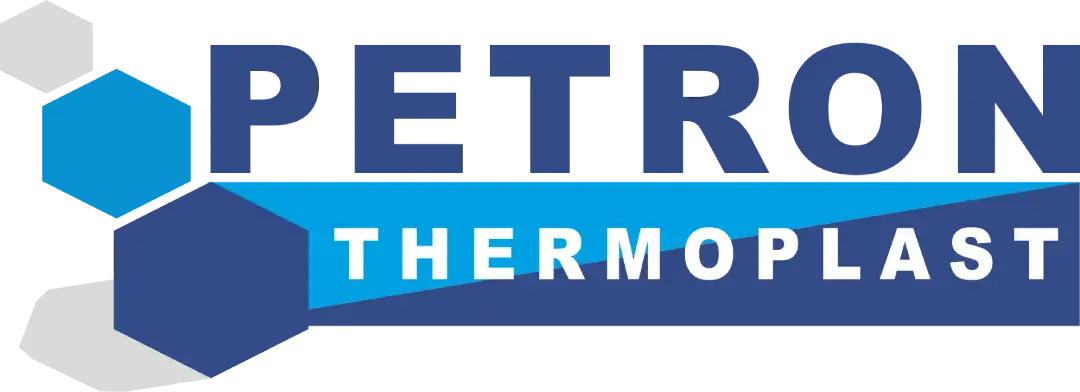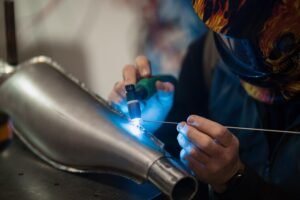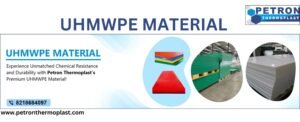Introduction:
PVC (Polyvinyl Chloride) is a versatile synthetic polymer widely used in various industries due to its durability, versatility, and cost-effectiveness. In the PVC manufacturing process, two essential terms often arise PVC resin and PVC compound. While they may sound similar, they have distinct characteristics and applications. In this blog post, we will delve into the key difference between PVC resin and PVC compound, shedding light on their composition, properties, and applications.
What is PVC Resin?
PVC resin refers to the raw form of PVC, which is obtained through a polymerization process. It is a white, powdery substance with a fine particle size. PVC resin is produced by suspending vinyl chloride monomer in water and initiating a polymerization reaction using a catalyst. The resulting PVC resin has a high molecular weight and is free from any additives or modifiers.
PVC Resin Examples
PVC resin, also known as polyvinyl chloride resin, is a versatile material used in various industries. Here are some examples of applications where PVC resin is commonly used:
1. Construction:
PVC resin is widely used in the construction industry for applications such as:
- Pipes and fittings: PVC pipes & UPVC Pipes and Fittings are commonly used for water supply, drainage systems, and irrigation.
- Window frames and profiles: PVC’s durability and low maintenance make it an ideal choice for window frames and profiles.
- Flooring: PVC flooring, such as vinyl tiles or sheets, is a popular option due to its durability and wide range of designs.
- Roofing membranes: PVC roofing membranes offer excellent waterproofing and durability for flat roofs.
2. Electrical and Electronics:
- Cable insulation: PVC resin is used as an insulating material for electrical cables due to its good electrical properties and flame resistance.
- Wire coatings: PVC-coated wires are used in various electrical applications, providing protection and insulation.
- Electrical enclosures: PVC resin can be molded into enclosures for electrical switches, outlets, and other components.
3. Automotive:
- Interior components: PVC resin is used in automotive interiors for components like dashboards, door panels, and upholstery due to its durability and ease of cleaning.
- Seals and gaskets: PVC compounds are used to manufacture seals and gaskets for automotive applications, providing weather resistance and sealing properties.
4. Medical:
- Medical tubing: PVC compounds are used to produce flexible medical tubing for applications like IV lines, catheters, and respiratory devices.
- Blood bags: PVC resin is used in the production of blood bags due to its biocompatibility and ability to maintain the quality of stored blood.
5. Consumer Goods:
- Vinyl records: PVC resin is used to manufacture vinyl records due to its durability and ability to hold grooves.
- Credit cards: PVC is commonly used as a material for credit cards due to its durability, flexibility, and ease of printing.
6. Packaging:
- Shrink wrap: PVC film is used as shrink wrap for packaging purposes, providing protection and tamper-evident features.
These are just a few examples of the many applications where PVC resin is used. Its versatility, durability, and cost-effectiveness make it a popular choice in numerous industries.
Understanding PVC Compound
PVC compound, on the other hand, is a modified form of PVC resin. It is created by blending PVC resin with various additives, plasticizers, stabilizers, and fillers. These additives are incorporated to enhance specific properties of the PVC resin and make it suitable for a wide range of applications. The additives can be in the form of powders, liquids, or pastes, depending on the desired characteristics of the PVC compound.
PVC Compound Examples
PVC compounds are used in a wide range of applications across various industries. Here are some examples of PVC compound applications:
1. Cable Insulation and Sheathing:
PVC compounds are extensively used in the cable industry for insulation and sheathing purposes. The flexible PVC compounds provide excellent electrical insulation properties and protect the cables from environmental factors such as moisture, chemicals, and abrasion.
2. Flooring:
PVC compounds are used in the production of resilient vinyl flooring. These compounds offer durability, water resistance, and excellent wear characteristics, making them suitable for commercial and residential flooring applications.
3. Automotive Parts:
PVC compounds find application in the automotive industry for manufacturing various components such as door panels, dashboard covers, seals, gaskets, and interior trim. The flexibility, ease of processing, and resistance to chemicals and UV radiation make PVC compounds ideal for automotive applications.
4. Medical Devices:
PVC compounds are widely used in the healthcare sector for the production of medical devices such as tubing, blood bags, IV bags, catheters, and respiratory masks. PVC compounds used in medical applications are formulated to meet stringent regulatory standards and ensure safety and biocompatibility.
5. Profiles and Extrusions:
PVC compounds are employed in the production of profiles and extrusions used in windows, doors, and other construction applications. The compounds provide weather resistance, thermal insulation, and structural integrity to the profiles, making them suitable for both residential and commercial projects.
6. Pipe and Fittings:
PVC compounds are commonly used in the manufacturing of pipes and fittings for plumbing, irrigation, and drainage systems. These compounds offer excellent chemical resistance, durability, and ease of installation, making them a popular choice for various piping applications.
7. Electrical Conduits:
PVC compounds are used for manufacturing electrical conduits and ducts. The compounds provide insulation, protection against moisture and corrosion, and ease of installation for electrical wiring systems.
8. Seals and Gaskets:
PVC compounds are utilized for producing seals and gaskets in industrial applications. The compounds offer excellent sealing properties, resistance to chemicals and environmental factors, and can be customized to meet specific requirements.
These are just a few examples of the many applications where PVC compounds are used. The versatility, cost-effectiveness, and performance characteristics of PVC compounds make them a preferred choice in numerous industries.
Composition and Properties
PVC Resin:
- PVC resin is primarily composed of polymerized vinyl chloride molecules.
- It is a rigid and brittle material with a high glass transition temperature.
- PVC resin has excellent chemical resistance, electrical insulation properties, and flame-retardant capabilities.
- It is commonly used in pipes, fittings, window frames, and other construction applications.
PVC Compound:
- PVC compound consists of PVC resin blended with additives, plasticizers, stabilizers, and fillers.
- The additives and plasticizers make the compound more flexible and improve its impact resistance.
- Stabilizers are included to enhance the compound’s heat stability and weather resistance.
- Fillers are added to modify the compound’s physical properties and reduce costs.
- PVC compounds can be formulated for specific applications such as cables, flooring, automotive parts, and medical devices.
Applications
PVC Resin:
- Due to its rigidity and durability, PVC resin is commonly used in construction applications, including pipes, fittings, and profiles.
- It is also utilized in the production of vinyl records, credit cards, and various molded products.
- PVC resin’s chemical resistance makes it suitable for chemical storage tanks and pipes used in the chemical industry.
PVC Compound:
- PVC compounds find widespread use in the cable industry for insulation and sheathing applications.
- Flexible PVC compounds are employed in wire and cable insulation, ensuring electrical safety and performance.
- The flooring industry utilizes PVC compounds for the production of resilient vinyl flooring with superior wear resistance.
- In the healthcare sector, PVC compounds are used for medical tubing, blood bags, and other medical devices.
Conclusion:
In summary, Difference Between PVC Resin and PVC Compound are two distinct forms of PVC, each with its own unique properties and applications. PVC resin is the raw form of PVC, while PVC compound is a modified version of PVC resin, incorporating additives, plasticizers, stabilizers, and fillers. Understanding the difference between these two forms is crucial in choosing the appropriate material for specific applications. Whether you require the rigidity of PVC resin for construction or the flexibility of PVC compound for cables or medical devices, both play vital roles in various industries, demonstrating the versatility and adaptability of PVC as a material.
You may also read – Gear Manufacturer | UHMW Plastic | PEEK Parts
FAQs:
What is PVC compound used for?
PVC compound is used for manufacturing a wide range of products, including pipes, cables, flooring, and packaging materials due to its durability, flexibility, and resistance to chemicals and weathering.
What is a PVC resin?
PVC resin is a type of synthetic polymer made from vinyl chloride monomers. It is commonly used in various applications, including pipes, cables, flooring, and packaging materials.
How can I differentiate between PVC and PP chemically?
To differentiate between PVC and PP chemically, perform a chemical test such as the burn test. PVC emits chlorine gas and produces black smoke, while PP does not emit chlorine gas and burns with a blue flame.
What is a PVC compounding mixer?
A PVC compounding mixer is a machine used in the manufacturing process of PVC compounds. It blends and mixes raw materials such as PVC resin, additives, and fillers to create a homogenous PVC compound.
Read Also:




